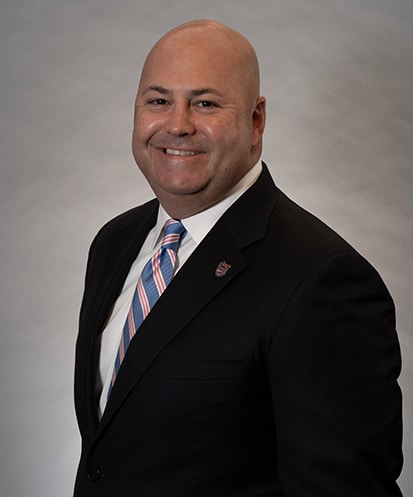Medication Errors Take Place in 50 Percent of Surgeries
 A new study conducted at Massachusetts General Hospital (MGH) to measure the medical mistakes made in the perioperative period has raised some eyebrows. As it turns out, the most common errors in surgical procedures are not related to the physical procedure itself, but to medication. “Incorrect dosages being administered, symptoms indicated by a patient’s vital signs going untreated and mistakes in medication labeling” were the leading causes of adverse effects, according to The Daily Beast, in more than 275 procedures at MGH. The longer the procedures took – especially anything which lasted at least six hours or even more –, the higher rate of problems following the surgery. This new study is being published in Anesthesiology, the medical journal of the American Society of Anesthesiologists.
A new study conducted at Massachusetts General Hospital (MGH) to measure the medical mistakes made in the perioperative period has raised some eyebrows. As it turns out, the most common errors in surgical procedures are not related to the physical procedure itself, but to medication. “Incorrect dosages being administered, symptoms indicated by a patient’s vital signs going untreated and mistakes in medication labeling” were the leading causes of adverse effects, according to The Daily Beast, in more than 275 procedures at MGH. The longer the procedures took – especially anything which lasted at least six hours or even more –, the higher rate of problems following the surgery. This new study is being published in Anesthesiology, the medical journal of the American Society of Anesthesiologists.
Karen C. Nanji, MD, MPH, is the lead author of the report. She put it this way:
“Given that Mass. General is a national leader in patient safety and had already implemented approaches to improve safety in the operating room, perioperative medication error rates are probably at least as high at many other hospitals. Prior to our study, the literature on perioperative medication error rates was sparse and consisted largely of self-reported data, which we know under-represents true error rates. Now that we have a better idea of the actual rate and causes of the most common errors, we can focus in developing solutions to address the problems.”
Looking at the numbers
In the end the report determined that of the 277 procedures that were observed, 124 of them included at least one medication error or an adverse drug event. There were almost 3,675 medication administrations in the operations that were observed. Of those procedures, 193 events involved medication errors and 91 adverse drug events were recorded by observers through direct observation and from reviewing patient charts. About 80 percent of those medication errors could have been prevented, according to the study.
This study is important because it focuses in on the work of some of the top doctors in the country who work in a hospital that places a significant priority on patient safety. This study shows just how much room there is for improvement at every level.

Christopher T. Nace works in all practice areas of the firm, including medical malpractice, birth injury, drug and product liability, motor vehicle accidents, wrongful death, and other negligence and personal injury matters.
Read more about Christopher T. Nace.
